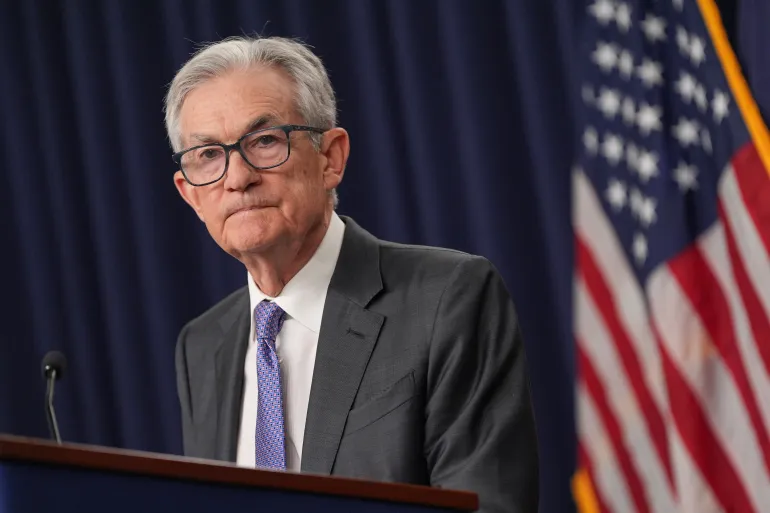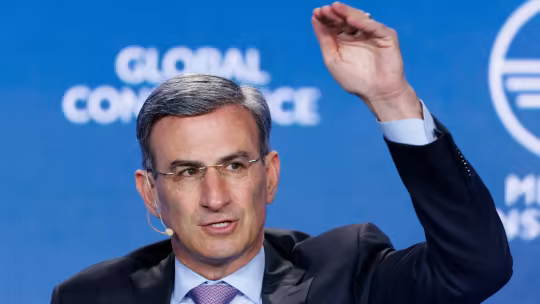Peter Orszag, former Director of the Office of Management and Budget under President Barack Obama and now CEO and Chairman of financial advisory firm Lazard, is sounding a cautionary note about the United States’ rising debt and growing fiscal imbalances, Market Watch reports.
In a recent op-ed published in The New York Times, Orszag outlined why concerns about federal deficits and debt should now be taken more seriously than in past years.
Orszag, once skeptical of debt alarmism, acknowledges a significant shift in his thinking.
“For a long time, many of us dismissed fiscal warnings due to persistently low interest rates and a seeming lack of consequence,” he wrote. “But two things have changed — and they’ve changed dramatically.”
The first major shift, Orszag notes, is the size of the annual US federal budget deficit, now consistently running at 6% or more of gross domestic product (GDP), compared to less than 3% a decade ago. The second is the rise in interest rates: 10-year Treasury yields have more than doubled to around 4.5%, meaning that interest payments on the national debt are poised to exceed spending on key government programs.
Publicly held federal debt, excluding Federal Reserve holdings, has increased by a third since 2015 and continues to grow. At the same time, Orszag points to a less stable global environment and a more polarized US political system as added sources of fiscal vulnerability.
One unique challenge for the US, he says, is its reliance on foreign investors. Roughly $9 trillion — about one-third of US federal debt — is held by foreign entities. Should global confidence in US economic stability or the dollar’s reserve status waver, the country could face upward pressure on interest rates and more fiscal strain.
To address these concerns, Orszag suggests a number of policy changes:
Recognize and protect the US dollar’s reserve status by ensuring fiscal and geopolitical stability.
Eliminate the debt ceiling, which he argues only creates unnecessary political brinkmanship.
Extend debt maturities, borrowing over 30 years or longer to reduce refinancing risks.
Generate long-term fiscal savings by reforming large entitlement programs and boosting revenue.
Use technology, such as artificial intelligence, to improve healthcare outcomes and reduce spending.
Promote growth, though he concedes that enacting growth-enhancing policies is challenging.
Despite these proposals, Orszag remains realistic about the political hurdles.
“The current budget legislation moving through Congress will likely make the fiscal situation worse,” he noted, emphasizing that reducing the deficit should be a top priority.
His comments come at a time when investors are navigating mixed economic signals — from volatile markets and policy uncertainty to slowing global growth. While some argue that the US, as a sovereign currency issuer, cannot default in a conventional sense, Orszag warns that the consequences of unchecked debt growth — particularly in today’s higher-rate environment — are real and potentially destabilizing.










The latest news in your social feeds
Subscribe to our social media platforms to stay tuned